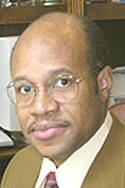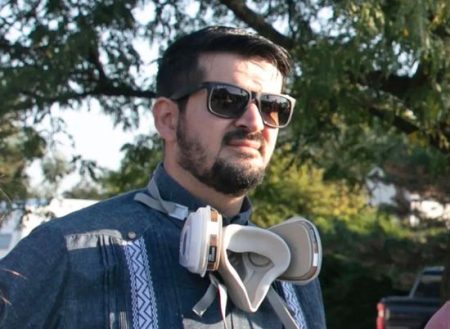Serious Health Care Reform
 |
| Dr. Errington Thompson |
When the world was young, life was simple. Not too long ago, Marcus Welby was our prototype physician. He was wise, practical, compassionate, and infinitely knowledgeable. He could handle everything from a splinter in your foot to ovarian cancer, and he could fix an internal abdominal hemorrhage from a motor vehicle crash. Well, things have changed since then. We have CT scanners that can give us a three-dimensional picture of a heart; using a scope, we can remove a gallbladder with three small incisions that together add up to less than two inches.
As it has become more sophisticated over the last 20 to 30 years, health care has also become extremely expensive. Americans now spend over $2.1 trillion in health care, more than $7,000 per individual. We must remember that we are spending all this money, and yet 46 million Americans are still not covered. It boggles the mind that so much spending can leave so many millions without coverage. It’s crazy.
Many polls have suggested that Americans want to change our healthcare
system, but everyone seems to have trouble with the specifics. Let’s
step back and start from scratch.
What do we want from our healthcare system?
• It seems to me that a system that is cost-effective is crucial. An
article in this month’s “New Yorker” magazine reveals that McAllen,
Texas spends more than $15,000 per resident, and their healthcare is no
better. The residents in McAllen are no healthier than the residents in
Los Angeles or Detroit… or Asheville, for that matter.
• I think most Americans would agree that they want their insurance to travel with them, so portability is important.
• As we live longer and develop more and more medical diagnoses,
Americans see more and more physicians. These physicians need to find a
better way to communicate with each other in order to improve health
care. We therefore need a system that is integrated.
• Patients should be able to choose their own physicians and their
own hospitals, so independence is required. This basic right should be
preserved.
• We want the best. The medical profession needs to figure out what
the best practices are and give incentives to physicians to deliver the
“best” of medical care.
• Currently, most physicians’ offices are open from approximately
nine in the morning until five in the evening. The majority of people
work during those hours. Americans should not have to take off from
work in order to see their physicians. Physicians must be more
accessible. There should be incentives to open early and stay open
later. Group practices should be encouraged to be open Saturday and
Sunday.
• When problems arise between a physician and a patient or the
patient’s family, there should be a way to resolve these conflicts
without going to court every single time. We definitely need improved
conflict resolution. There should be a way to find problems long before
they become lawsuits, a better way for the medical profession to police
itself or to be policed.
• Finally, every American needs to be covered.
The plans that are bouncing around Washington right now are hybrids of
private and public health care. They seem to be more complex, rather
than less. Why does delivering health care have to be so complex? Why
don’t we make it simpler instead of harder?
The primary reason that we are all discussing health care is because
the costs have become astronomical. Does insurance add value and
decrease cost? I think the answer is “No” to both questions. A
single-payer plan that negotiates drug costs and pays physicians and
hospitals for keeping patients well would be the most cost-effective
plan.
Finally, most plans being talked about today include some sort of
“value added tax” in order to cover the 46 million Americans who are
without insurance. But if we eliminate insurance from the basic plan
(insurance adds approximately 30% to our healthcare costs), then we
don’t need a “value added tax.” We already have enough money to cover
everybody with no extra expense. There’s no need for employers to be
involved, so businesses would save money. This seems like a system in
which business wins, the American people win, and the health industry
wins. Outstanding!
Now that I’ve fixed health care, I can turn my attention back to Guantánamo Bay and what to do with the detainees.








